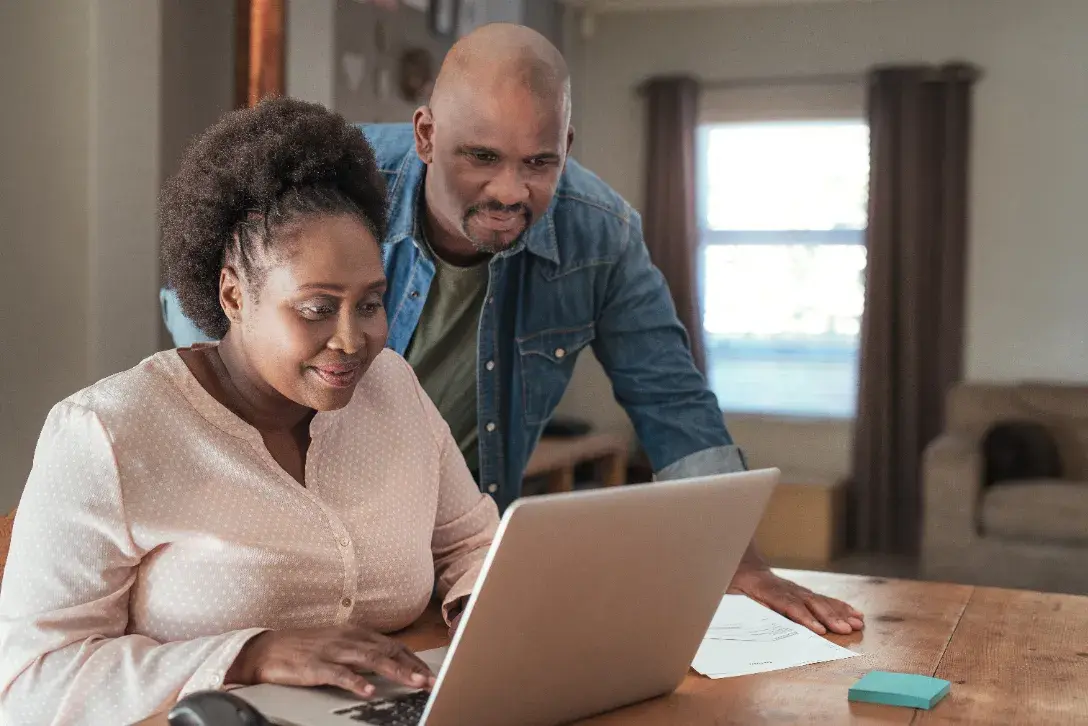At its core, clinical research is about advancing treatments that change lives—for individuals, families, and entire communities. But those treatments can’t succeed without representative participants, and participants won’t enroll without trust. That’s where marketing comes in. Not as an amplifier of platitudes or empty promotion, but as a disciplined, ethical, and compliant way of reaching the right people and showing them where they stand to improve their health.
For CROs, striking this virtuous balance is essential. Clinical trial marketing should never be about selling a product. It should focus on creating the conditions that make therapies viable by connecting science with the communities that will ultimately benefit. Done right, it strengthens credibility with sponsors, supports compliance with regulators, and ensures that families see clinical research as an opportunity instead of a risk.
And yet, too often, marketing is still treated as a downstream function from business development. A deck polish here. A booth design there. A few social posts before the next conference. Then business development takes over.
That perception is outdated—and it’s holding CROs back.
The truth is simple: clinical trial marketing is business development. When done well, it doesn’t merely decorate a message or amplify someone else’s pitch. It builds trust, establishes legitimacy, and builds an environment of goodwill that makes meaningful sponsor conversations possible. It’s the difference between a cold introduction and a warm welcome. And for CROs competing in a crowded, fast-changing industry, that difference will define growth.
The Real First Impression
Think about what goes through someone’s head when they see a clinical trial ad. Before they ever meet a coordinator or hear from a study team, they’ve already formed an opinion: Does this feel trustworthy? Does this study understand people like me? Is it worth my time?
That first impression doesn’t come from business development—it comes from marketing.
In clinical research, that primary encounter carries extra weight. Communities that have been historically excluded or mistreated in medicine are rightfully cautious. If the first interaction feels generic, transactional, or disconnected from their reality, trust is lost before it begins.
That's why marketing and business development can't operate in silos. One doesn't hand the baton to the other. They work together, continuously, to shape the narrative and reinforce credibility.
For CROs and sponsors alike, the story you tell upfront shapes whether participants even consider saying yes. Marketing sets the tone, and business development builds on it—but only if the foundation of trust is already there.
At Acclinate, we live our truth around this idea. Our marketing cuts through the noise of traditional recruitment methods by cultivating tangible trust with communities, and that entrenched confidence directly fuels how our business development team engages with potential partners. By the time conversations move forward, reputation and engagement are already in place.
What lies at the center of our innovative approach? Authentic storytelling.
Authentic Storytelling Sets the Stage for Clinical Trial Success
So what kind of marketing actually drives business development for CROs today?
One thing is clear: It’s not flashy campaigns or generic thought leadership. What works is marketing that combines authentic storytelling with evidence.
Authenticity comes from telling stories that matter to people, not just to organizations. At Acclinate, we elevate the voices of community members, ambassadors, and partners who live the realities of healthcare inequity. Their experiences are the most credible reminder of why inclusive research matters and act as critical ingredients for establishing Affective Trust—trust grounded in patient listening, emotional connection, and continued conversation.
For CROs, adopting this approach means showing how you connect with sites, adapt protocols to patient needs, and listen to the communities you ask for participation. Those sincere narratives build the emotional foundation of trust—which we cultivate every day through NOWINCLUDED, a living culture of communities where underrepresented communities access information, share perspectives, and take action for better health.
Evidence then reinforces that trust. We share the numbers that show engagement went up, awareness grew, and more participants took part in trials. With Acclinate’s proven model, CROs can witness these results in real time during their initiatives, seeing recruitment, retention, and site engagement improve as the communities they serve benefit mutually. With a marketing vision rooted in real stories and two-way trust, trials can move from “promotional” to “actionable,” giving business development what it needs to deepen sponsor conversations from the beginning.
This powerful combination naturally leads to a broader principle: trust isn't a one-time achievement—it has to come first, every time.
Trust First, Every Time
This philosophy mirrors how we work in communities. Acclinate doesn’t wait until a clinical trial opens to start building relationships. We’re already there — listening, educating, and showing up in ways that matter. By the time a trial sponsor is ready, trust is already established.
For CROs, marketing plays this same role. It builds rapport before the ask, laying the groundwork so that business development doesn’t start from zero. Instead of “explaining who you are,” you’re already discussing “how to work together.” That's exactly what marketing does for business development: it gets there first, lays the foundation, and allows the conversation to move faster and go deeper.
Recognition That Validates the Model
This approach is gaining recognition across the industry. Acclinate was recently named a finalist for a Fierce Pharma Award—not for making the loudest noise, but for proving that trust-based marketing and business development can reshape trial engagement.
CROs have the same opportunity. By aligning marketing with authentic storytelling and measurable outcomes, you stop being seen as just another vendor. You position yourself as a collaborator who can help sponsors meet the expectations of regulators, communities, and patients alike.
The Cost of Keeping Clinical Trial Marketing in a Silo
The lesson from Acclinate's continued work is clear: when marketing and business development collaborate in sync, the conversation shifts from transactions to partnerships.
Clinical research doesn’t have the luxury of siloed thinking. Communities are watching. Patients are asking tougher questions. Regulators are setting higher bars for diversity and inclusion. CROs that cling to outdated approaches will fall behind.
The ones that thrive will be those that recognize what Acclinate already lives every day: marketing isn't an afterthought. It’s not “support.” It is business development. And when marketing leads with authentic storytelling and evidence, it empowers underrepresented communities to take action — while also empowering CROs to earn the trust that shapes the future of clinical research.
This is the essence of clinical research marketing: not just raising awareness, but building the trust that drives lasting partnerships.
The companies that recognize marketing as business development will be the ones shaping the future of clinical research. Not because they’re louder, but because they’re building the kind of trust that turns conversations into lasting partnerships.
Ready to see our trust-based model in action? Schedule a 1:1 with our team.








.webp)




